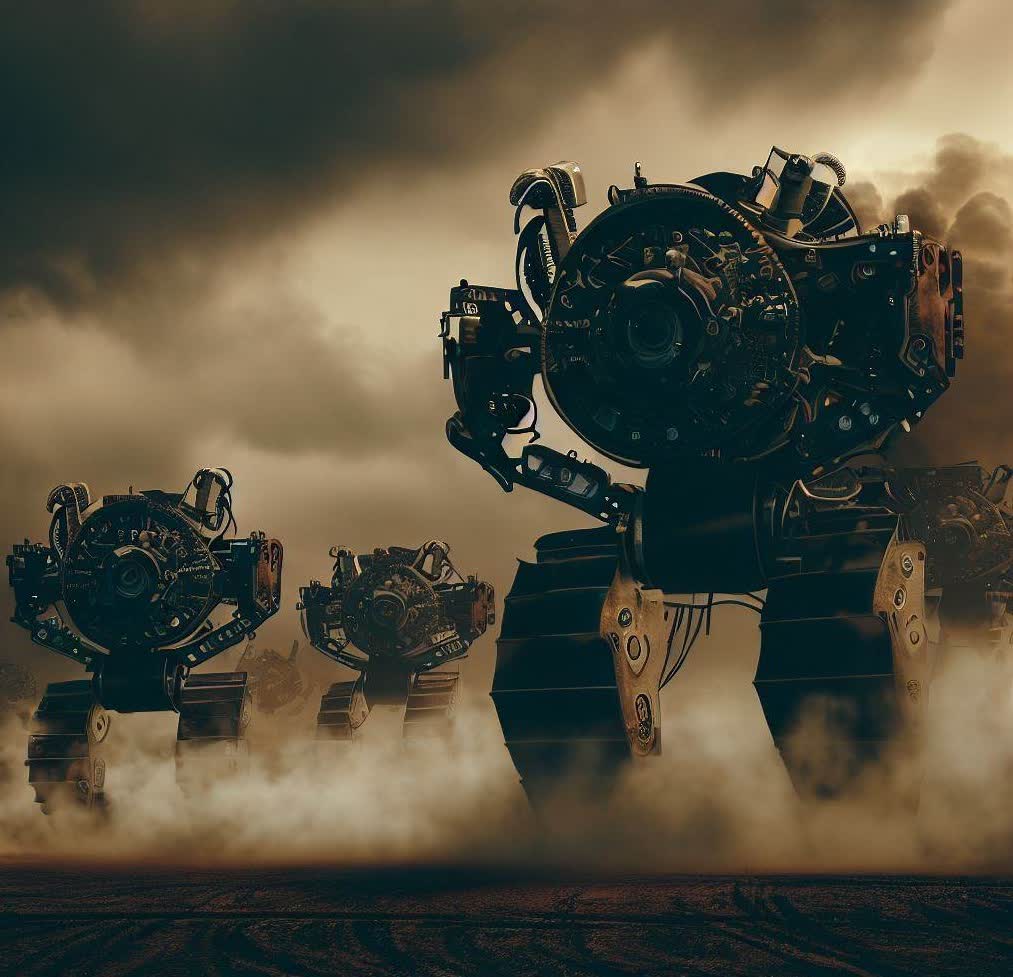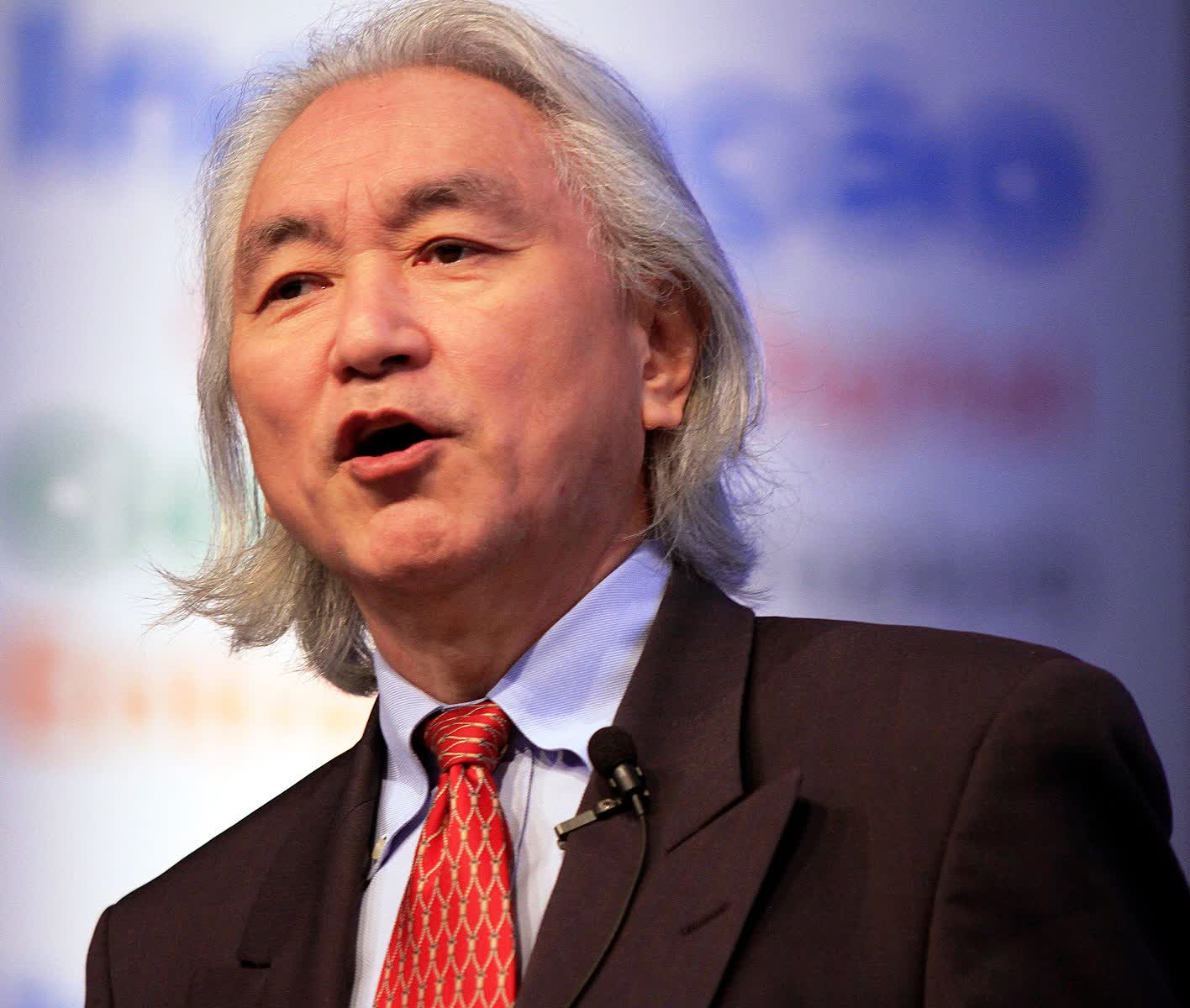A hot potato: Another scientist has joined the debate on AI's potential to destroy humanity, calling people's fears over this scenario misguided. He also said chatbots like ChatGPT were nothing more than "glorified tape recorders," and that the real future of technology is in the field of quantum computing.
Michio Kaku, a professor of theoretical physics at City College of New York and CUNY Graduate Center who often appears on TV, spoke to CNN's Fareed Zakaria about the generative AI revolution.
He said that chatbots such as OpenAI's ChatGPT will benefit society and increase productivity. However, he also believes that people focus too much on the potentially negative aspects of what he calls these "glorified tape recorders."
"It takes snippets of what's on the web created by a human, splices them together and passes it off as if it created these things," he said. "And people are saying, 'Oh my God, it's a human, it's humanlike.'"
Kaku added that chatbots cannot distinguish the truth from fiction. "That has to be put in by a human."

Kaku is more excited about what he calls the third stage of computer evolution. Following the early analog stage of gears, pulleys, and string, and the second, current stage of electricity-powered transistors and microchips, Kaku says quantum computing will be the next stage. He believes it will be able to "unravel the secrets of the universe" and help develop advanced treatments for diseases such as cancer, Parkinson's, and Alzheimer's.
Fears over the potential damage advanced AI could inflict on humanity have been building this year. In May, experts and CEOs including OpenAI boss Sam Altman warned about the possibility of AI causing the extinction of the human race. The experts went so far as to compare AI to the risks posed by nuclear war and pandemics. Over two-thirds of Americans are worried about it threatening civilization, and Warren Buffett compared AI's creation to the atomic bomb.
But there are others who agree with Kaku's assertion that these concerns are overblown. Prof Yann LeCun, who won the Turing Award for breakthroughs in AI in 2018 and is known as one of the Godfathers of AI along with Geoffrey Hinton and Yoshua Bengio, said in June that the alleged threat to humanity is "preposterously ridiculous."
While plenty will still worry about AI wiping us out, a more realistic threat is its effect on human jobs. Companies such as IBM have said they intend to stop hiring for jobs that could be performed by generative artificial intelligence, which is expected to impact 300 million full-time jobs globally. India's outsourced coders face job extinction by 2025 due to AI advancements, and a CEO recently boasted about the brilliant new chatbot that had replaced 90% of his company's support staff.
